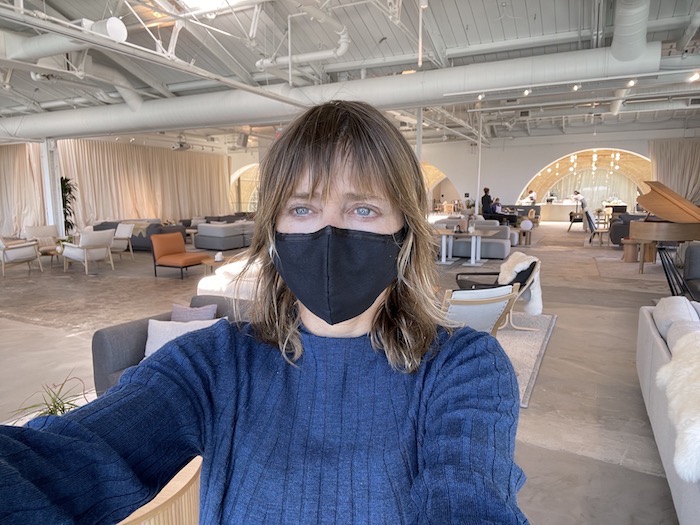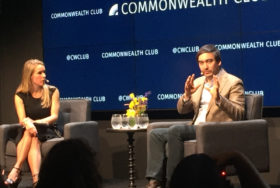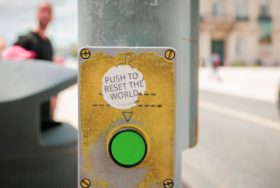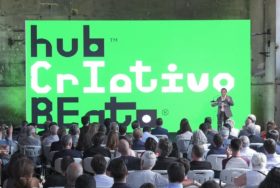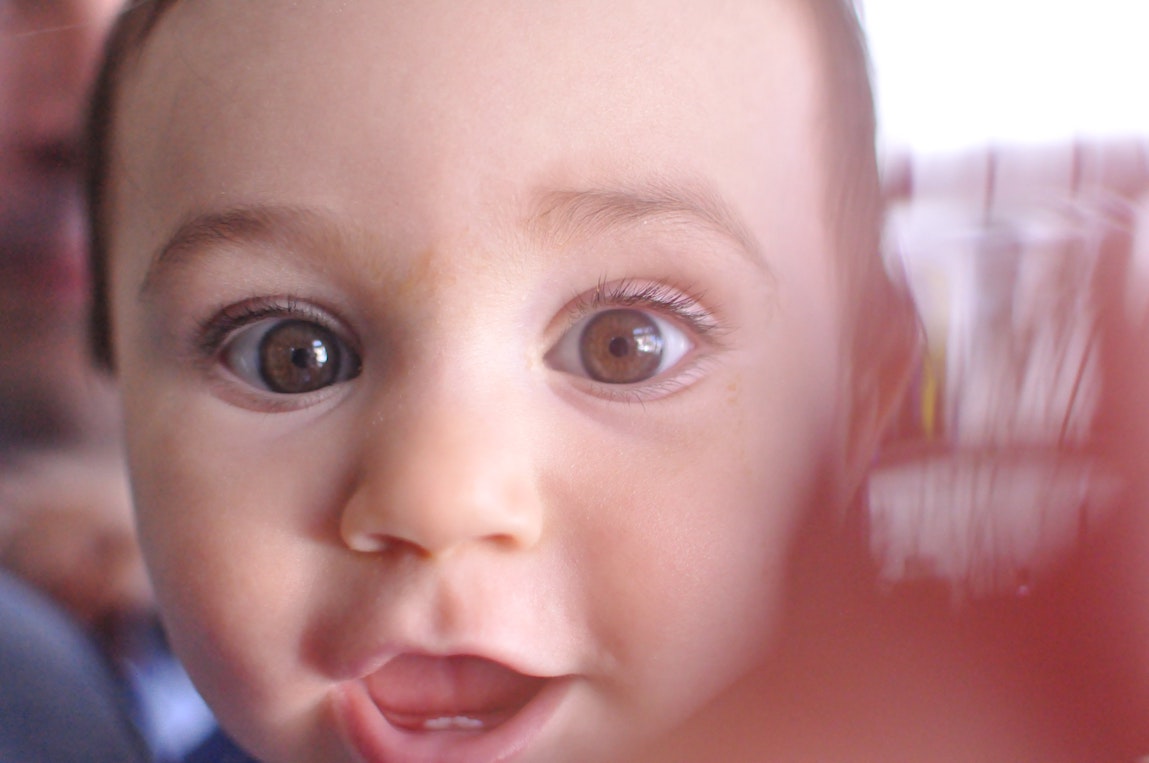
The grades are in – the pandemic is dumbing us down. The lack of stimulation has stunted infants’ IQs. Kids of all ages are missing out on crucial social development key to intellectual and creative growth. Adults may fare little better. The isolation of remote work has curtailed opportunities for advancement and professional development in ways we are only just beginning to understand.
Children born after July 2020 have been found on average to have significantly lower IQs (~78) than those born before the pandemic (~100), according to a recent Brown University study. Overwhelmed parents and decreased socialization outside the home are the key culprits in this generational cognitive decline. Pre-pandemic was a different ball game: expansive parental (and/or teacher) attention, verbal stimulation and a wealth of experiences inside and outside the home jumpstarted lives during the crucial first 3 years, when 80% of the brain develops. Tragically, the setback from this 18-month-and-counting traumatic disruption will be hard to overcome.
But it’s not just children who’ve suffered from limited experiences during the pandemic. Opportunities for serendipitous encounters through social and professional interactions have dried up. Those starting their careers these past couple of years are clueless when it comes to sharing an office with peers, meeting up with colleagues for coffee or lunch, engaging in diverse evening events, striking up a relaxed, spontaneous conversation or any of the staples of pre-pandemic human interaction that made our lives richer. What will it take to regain our stride?
Many of us have expanded our digital horizons through online learning, scheduled Zoom calls, or finding new networks of people. I’ve learned volumes this past year taking classes at Harvard, where I also completed countless challenging projects and milestones, and made lots of new friends. But there’s no substitute for the real worldBrain development and neuroplasticity in infants as well as adults depends on adding new experiences and encountering new things – especially off-screen.
There’s hope on the horizon. This spring I caught a glimpse of this promise when I returned to my entrepreneur’s club SHACK15 in SF. Within a few short weeks I made some great new friends, found tremendous opportunities for collaboration, and experienced the accelerating factor of the human in-person network. Working on some code one day during the Euro 2020 World Cup final, a new friend inquired with a smile, “crushing some code?” and kindly dialed right into my script and improved it, giving me a huge leg up on an assignment. The following week, another new colleague generously took me under his wing and taught me a few CSS tricks. San Francisco is a smart, collaborative city, full of people with a pay-it-forward mentality. That’s why, pre-pandemic, entrepreneurs, business people and students flocked here. The Silicon Valley mindset is best experienced in meatspace.
Thankfully, San Francisco is also a place where we believe in science, as we mask up and continue vaccination efforts to stem the tide of the aggressive new variant. I’m fortunate to live in a part of the country where not just leaders but nearly all the citizens agree that mask wearing and safe social distancing protect everyone. Such civic solidarity is also essential for business. Tourism and the basic functioning of business break down when you pretend the pandemic isn’t real, as Florida, Texas, Alabama, and many other mask-denying states are finding out the hard way with struggling businesses, overrun hospitals, and thousands needlessly suffering and dying.
There’s another choice. Wear a mask. Get vaccinated. The sooner we get healthy the sooner we can all get back out there and imprint new experiences. It’s a small price to pay to pave the way for a society that values long-term brain development.
It’s the smart thing to do – for everyone.
